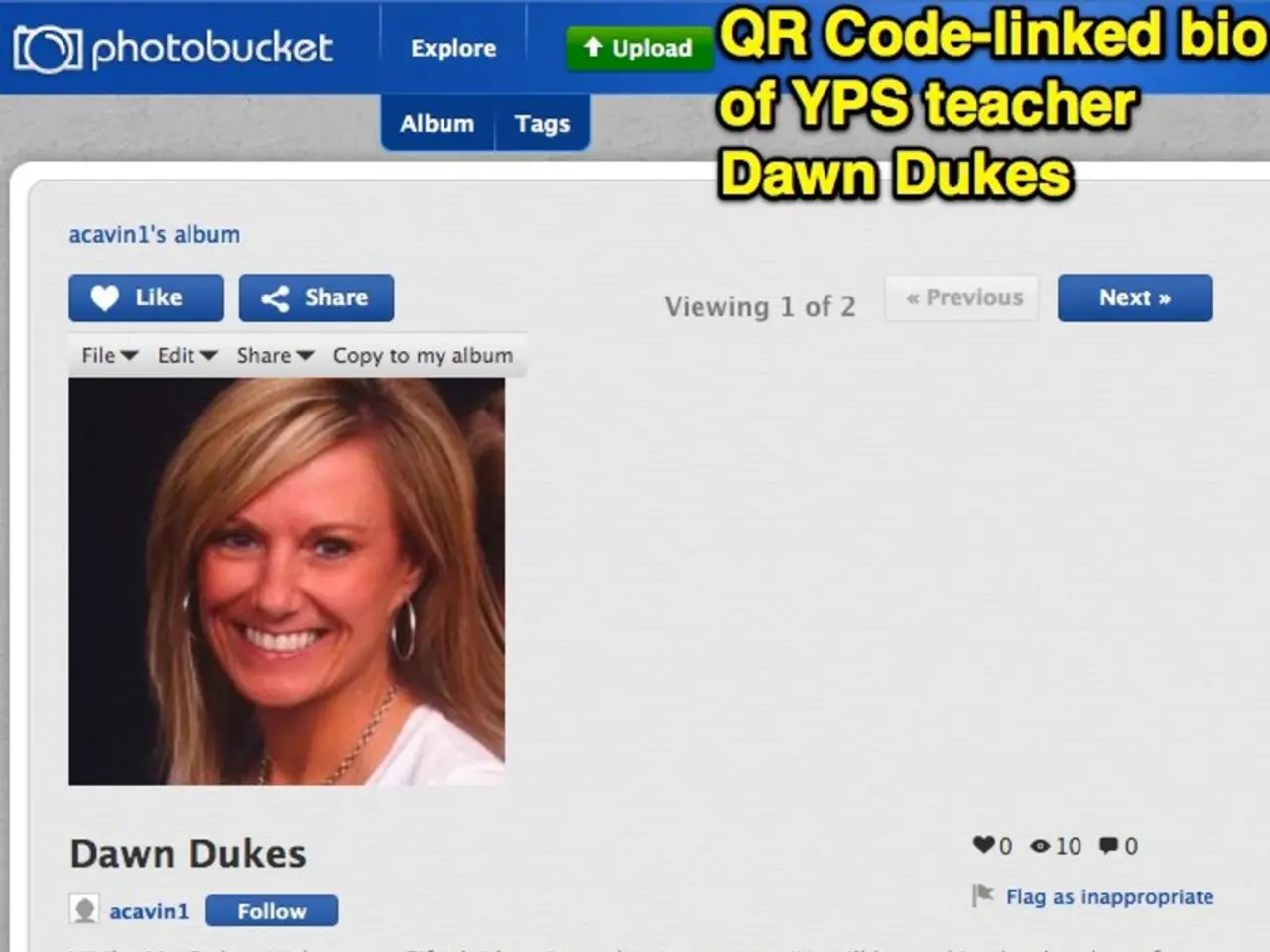Steer Clear of Social Media's Radical Influence, Advocates in the South Urge - Radical elements should not be left to control social media, according to Söder.
Markus Söder, the Bavarian Minister-President, has adopted a unique approach to social media, transforming it into a new communication channel for politics. This strategy, marked by both influence and significant criticism, has had a polarising impact on German politics.
Effectiveness and Impact:
Söder's social media presence and public statements have been instrumental in shaping political narratives, particularly on contentious issues such as refugee welfare policy. His proposal to reduce social benefits for Ukrainian refugees, for instance, sparked a national debate and influenced party discourse[1][2].
Söder's digital communication has also boosted his visibility, projecting him as a decisive conservative voice within the Christian Social Union (CSU), increasing his influence not only within Bavaria but across Germany[1][2].
The strategy of direct messaging on sensitive topics like welfare payments aligns with broader right-leaning populist trends, aiming to appeal to voters concerned with economic fairness and employment incentives[2].
Criticisms:
Critics argue that Söder's communication oversimplifies complex issues. For example, his claim that Bürgergeld welfare discourages Ukrainian refugees from working is challenged by employment data showing rising employment rates among Ukrainians[2].
Some government coalition partners, especially the Social Democrats (SPD), have sharply criticized his proposals as potentially divisive and unproductive for social cohesion and refugee policy[1].
Söder’s approach has also been seen as contributing to political tensions within coalition governments, highlighting ideological fractures exacerbated by his confrontational digital messaging strategy[1].
Praises:
Supporters praise Söder's candid and clear messaging style on social media as refreshing and necessary to address perceived imbalances and bureaucratic inertia in refugee and social welfare policy discussions[2].
His ability to stir public debate has forced key issues into the limelight and compelled coalition partners to engage more seriously with concerns about the sustainability and fairness of social benefits[1][2].
Söder’s digital communication efforts have consolidated his leadership image within CSU and helped maintain party visibility in a crowded political landscape, essential for influence at both state and federal levels[4].
In summary, Markus Söder’s social media strategy has been effective in raising his profile and influencing political debates in German politics, but it remains contentious, drawing sharp criticism for polarising rhetoric and oversimplified claims while being praised for directness and agenda-setting capacity[1][2][4].
However, it is not without controversy. Green politician Ricarda Lang has pointed out that Söder often doesn't know the boundaries of appropriateness[3]. The resulting aura of unseriousness from Söder's free-spinning on platforms hurts him when considering higher offices, according to Lang[3].
[1] https://www.dw.com/en/germanys-markus-soeder-uses-social-media-to-take-on-the-greens/a-59590768 [2] https://www.spiegel.de/politik/deutschland/markus-soeder-ueber-sozialmedien-der-politische-kurier-a-3c3d5c13-1508-40c7-8c7e-21e872312f59 [3] https://www.welt.de/politik/deutschland/article217561247/Markus-Soder-kritisiert-Ricarda-Lang-fuer-Kampagne-gegen-Soder-pure.html [4] https://www.zeit.de/politik/deutschland/2021-09/markus-soeder-sozialmedien-politik-macht-demokratie-auf-den-kopf-zustellen
- The Commission's proposal to increase the number of EU-funded projects in the field of education and training could be influenced by Markus Söder, given his impact on policy-and-legislation through his social media presence.
- In the realm of general-news, the polarizing effect of Söder's communication strategy on German politics might spark debates on whether entertainment-oriented political discourse is appropriate, mirroring the controversies surrounding his approach.
- Critics of Söder's political rivals might challenge his proposals for changes in refugee welfare policy, highlighting examples of his misrepresentation of facts, similar to the criticism directed towards his oversimplification of contentious issues.








